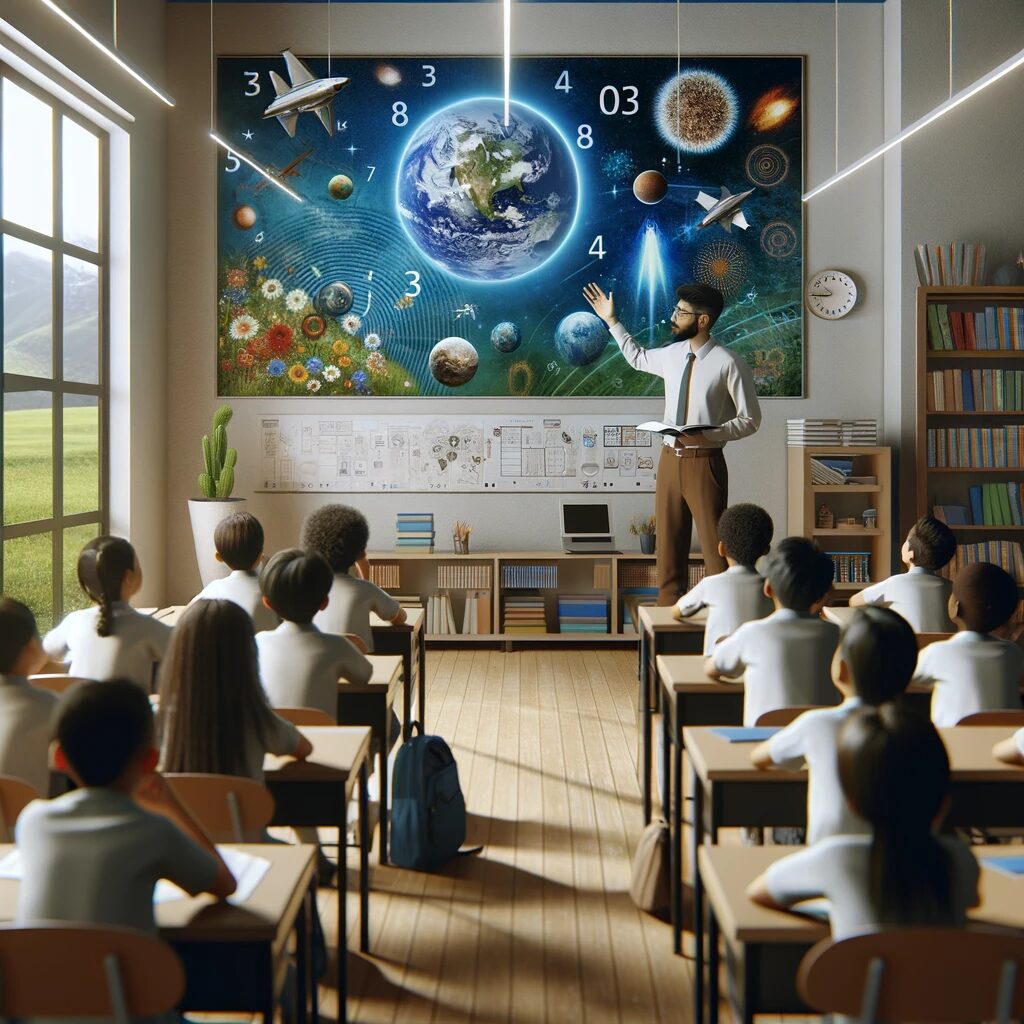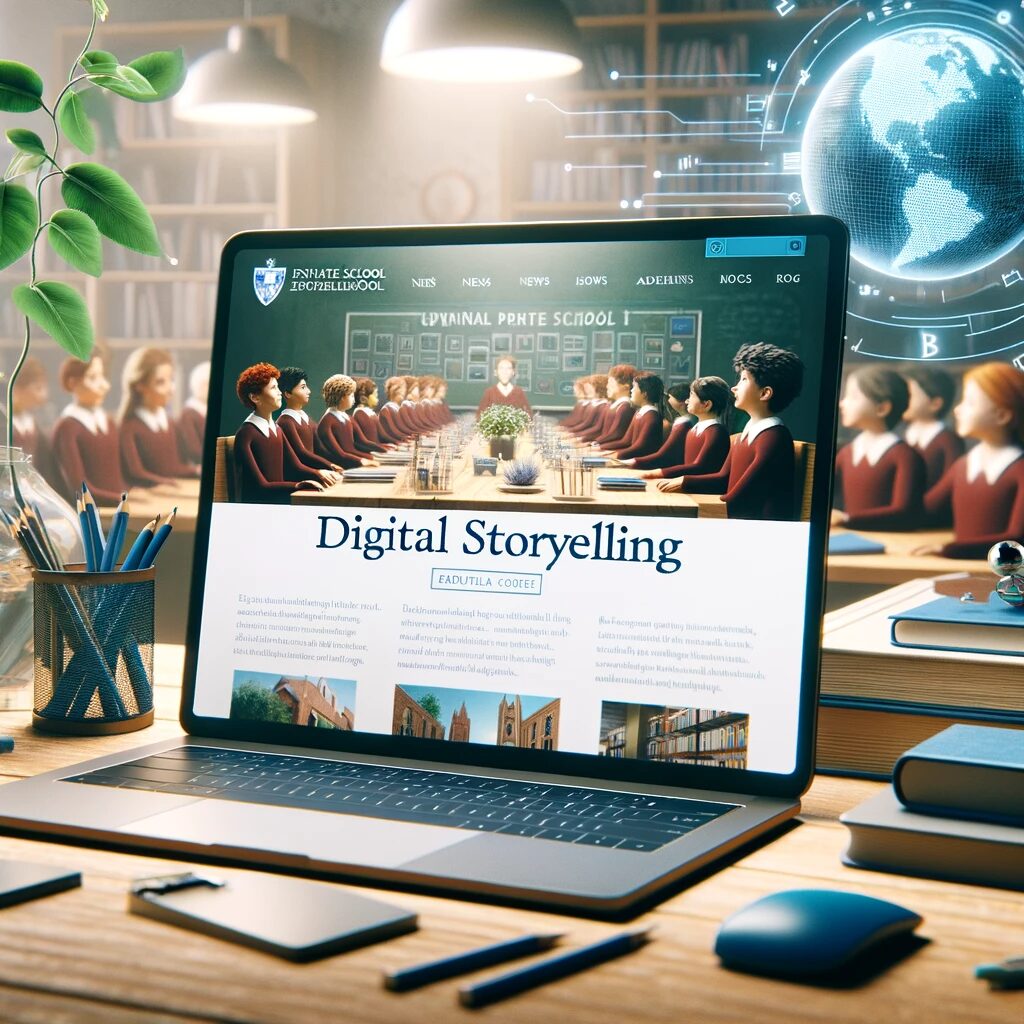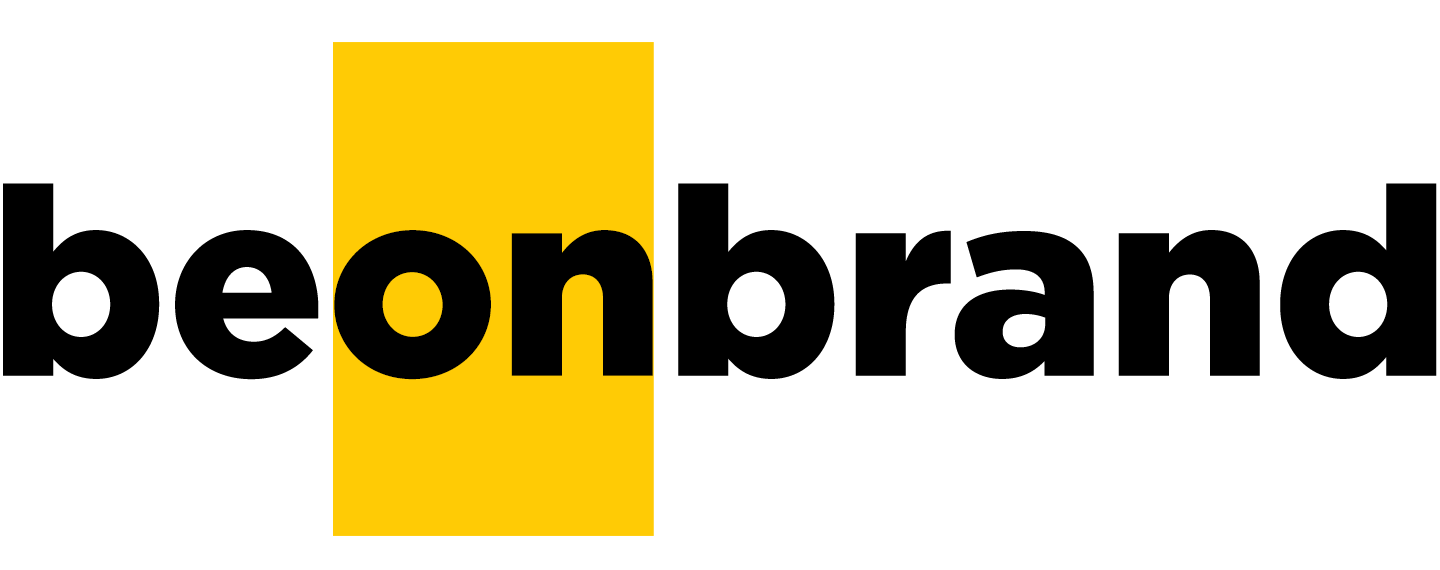
In a world brimming with information, storytelling stands out as a beacon, cutting through noise and creating meaningful connections. For private schools, storytelling is not just a tool for engagement; it's a powerful means to embody their ethos, values, and unique educational experiences. Let's explore how private schools can master the art of storytelling, creating narratives that captivate and resonate.

Understanding the Needs of Today's Students
Today's students seek more than just academic knowledge. They look for a holistic educational experience that prepares them for the real world. This includes:
Technological Integration: Seamless integration of technology into the learning process.
Personalized Learning: Tailored educational experiences that cater to individual learning styles.
Supportive Environment: Emotional and academic support through accessible resources and counseling.

Strategies to Enhance Student Experience
Embracing Technology in Education
Digital Classrooms: Implementing interactive and multimedia tools for a more engaging learning experience.
E-Learning Platforms: Offering flexible online courses for remote and on-the-go learning.
AI and Analytics: Using AI to personalize learning and analytics to track student progress.

Fostering Personalized Education
Individual Learning Plans: Creating custom learning paths based on student strengths and interests.
Adaptive Learning Tools: Utilizing software that adapts to student responses and learning pace.
Feedback and Assessment: Regular and constructive feedback to guide student growth.

Creating a Supportive Academic Environment
Mental Health Resources: Providing counseling and support groups for student well-being.
Career Counseling: Offering career guidance and resources for post-graduation success.
Extracurricular Activities: Encouraging participation in clubs, sports, and other non-academic pursuits.

Incorporating Real-World Applications
Internship Opportunities: Bridging the gap between theory and practice with real-world experience.
Project-Based Learning: Implementing projects that solve real problems and foster critical thinking.
Industry Partnerships: Collaborating with businesses and organizations for practical insights and opportunities.

Leveraging Community and Global Connections
Cultural Exchange Programs: Promoting global awareness and cultural understanding through exchange programs.
Online Communities: Building digital forums and networks for students to connect and share.
Service Learning: Encouraging community service and social responsibility as part of the curriculum.

Conclusion
Improving student experience is a multifaceted endeavor requiring a deep understanding of student needs and the educational environment. By embracing technology, personalizing education, creating supportive environments, and connecting learning to the real world, educational institutions can significantly enhance the overall student experience. This holistic approach not only benefits students academically but also prepares them for future challenges and success.
Share this article
Interested in learning more ?


